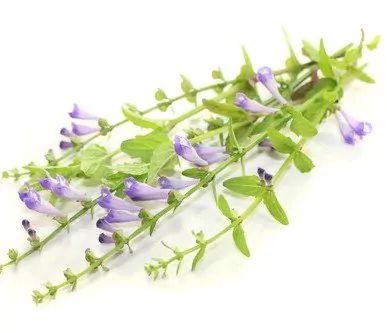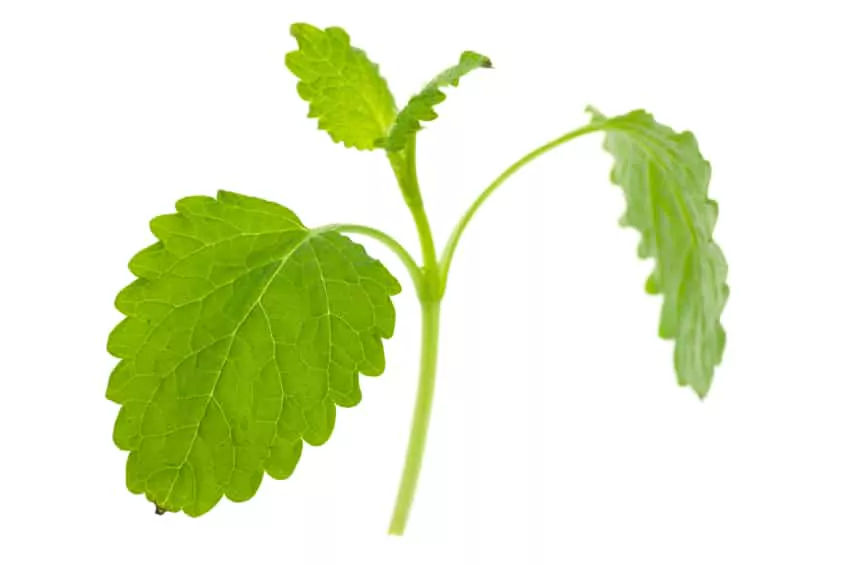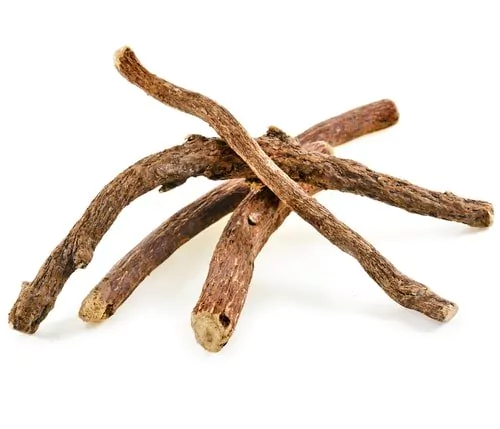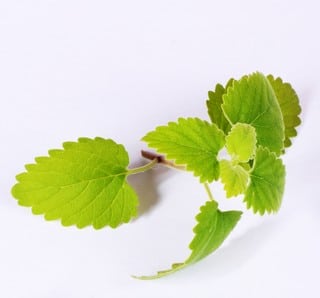
If you’re like me, you’re up late at night with a surge of energy and your brain reeling with all the things you need to do tomorrow, this week, this year.
When you wake up in the morning, you find yourself snoozing until you absolutely have to roll out of bed. Then you’re rushing to get to work before the factory bell rings and you don’t get all the things done that your night-brain is convinced you had the time and energy for.
Inevitably throughout the day, you gather more todo list items and your night-brain comes back online with the added stress of the things you didn’t have time for plus the additions. Sound familiar? It’s a vicious cycle.
Where does this Type of Worry Come From?
New evidence suggests that these concerns could actually be caused by something happening in your digestive system—meaning it’s not just something happening in your brain. The ‘neurogastroenterology’ (say that 5 times fast) field is in its infancy, but these holistic thinkers are finding out a lot about how our brain and our gut (our second brain) work together to keep our physical and emotional health stable.
We’re finding out now that our gut uses neurotransmitters to send signals around our body, just like the brain does, and that some of our bodies’ neurotransmitters are stored in the gut.
A great example is serotonin. Up to 95% of the body’s serotonin is stored in the gut, and guess what? It is one of the most important mood stabilizing (and worry reducing) neurotransmitters in our bodies. It functions as a mood, sleep, memory, and GI tract normalizer so without normal serotonin function, we are unable to focus, sleep well, feel well, or digest well.
And serotonin is just ONE of the 35+ neurotransmitters that our two brains use to communicate.
How does the Brain Communicate with the Gut
We talked about sympathetic and parasympathetic nervous systems before and how the nervous system we’re using directly affects our physical and emotional well-being.
Here we are, back at it with the mind-body connection and this time we’ll give it a name: the vagus nerve. The vagus nerve is physically connected with every part of the digestive system and is basically the body’s way of constantly checking in with itself and making sure that the correct neural response is happening all the time. That gut feeling you have? Yeah, that’s your vagus nerve checking in and you should probably go with what it says.
Research on all of the effects of the vagus nerve is still the beginning stages so it’s a little bit fuzzy right now, but one thing that’s really clear is that there is a definite connection between your gut and the worrying that’s keeping you up at night.
Herbs for Worry Warriors
Why do people call us “worryworts?” I’m changing it, we’re now “worry warriors” and we’re taking back control of our mind-body connection. Of course, getting to the root of the issue is really important, but there are lots of awesome herbs that can help you stay calm along the way. These are five herbs that I use in my apothecary that are great for that connection.
Chamomile

Chamomile is an often touted and very useful calming herb on a lot of different fronts. Taken internally, it is a great healer for the entire digestive system and it helps calm the mind, making it a wonderful herb for a disquiet mind. Chamomile can be your very best friend for long-term love; it’s safe for kiddos and women who are pregnant with them.
My favorite way to prepare chamomile tea is a cold infusion. Steep a tablespoon of the flower in a suspended strainer overnight in room temperature water and drink it first thing in the morning. Drinking it this way is relaxing and it’s a great way to get your metabolism running first thing in the morning.
Skullcap

My personal favorite for every type of chronic worrier is skullcap. Taken internally as a tea or an extract, it is calming for the central nervous system and can be used long term. I use it with other calming herbs and green tea to focus at work and I use it at night to calm down my mind and go to bed. It’s good for that “up all night, can’t wake up” cycle I talked about earlier and for creating an environment for positive thought and memory retention.
Note: As with any herb, if you’re going to buy skullcap, use a trusted source. (We’re big fans of Mountain Rose Herbs!) There has been some contamination with germander, which causes liver damage.
Lemon Balm

This plant is great for nervousness, especially in social settings. Going on a first date? This plant also serves as a gentle bitter herb so an internal lemon balm tea (or even just munching on a leaf if you’re growing it) would be a great helper for those butterflies flitting around in your stomach.
Lemon balm can be used long term and is considered safe for just about everyone when it’s used as a whole plant. Talk to your doctor about using it during pregnancy or giving it to children.
Ashwagandha

Ashwagandha is a perfect long-term balance herb for those overworked, stressed, and exhausted people—you know who you are.
We wrote about ashwagandha a little while back. To recap: it’s an adaptogen, so it isn’t a fast acting herbal remedy for your uneasy mind, but it will help keep you at an even keel if you use it consistently. Plus, it’s a demulcent so eating it means that it will help health your gut lining!
Have a hard time remembering to take an herb everyday? This is an easy one to get into your body. You can buy the power at just about any health food store and add it to your food—yes, I’m suggesting that you sneak it into your food. In your oatmeal, your cake batter, your soup, get creative!
Catnip

Catnip isn’t just for your feline friends (though I do give a little to my cat when I use it), it’s also a wonderful herb to use internally to help you get off to sleep if you have all those bedtime thoughts.
Catnip is soothing to digestive upset, can be used long-term and is great for the kiddos. It has been used in tea for morning sickness during pregnancy, but check with your doctor first.
What’s your favorite herb to use to calm down? Tell us in the comments!
Sources:
Alfs, M. (2003). 300 Herbs Their Indications and Contraindications. New Brighton, MN: Old Theology Book House.
Hadhazy, Adam. “Think Twice: How the Gut’s “Second Brain” Influences Mood and Well-Being.” Scientific American. N.p., 11 Feb. 2010. Web. 03 Apr. 2017.
Hoffmann, D. (2003). Medical herbalism: The science and practice of herbal medicine. Rochester, Vt.: Healing Arts Press.
The following post 5 Herbs for the Worry Warrior was first published on Annmarie Gianni Skin Care.
No comments:
Post a Comment